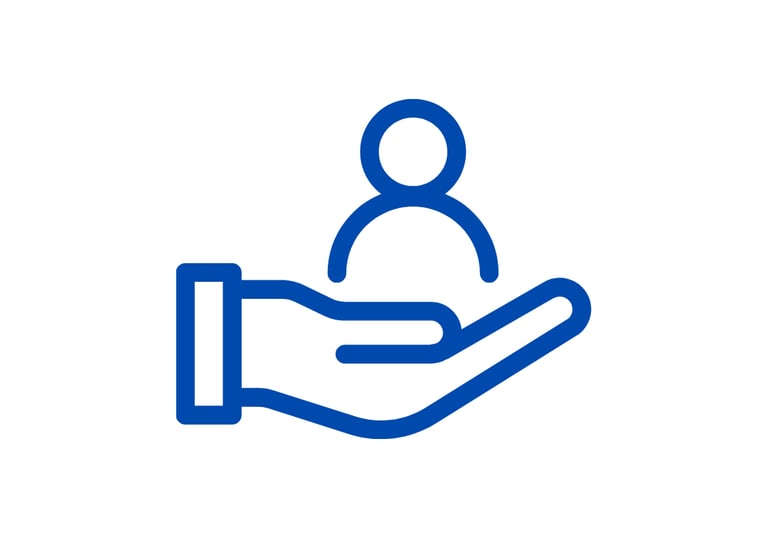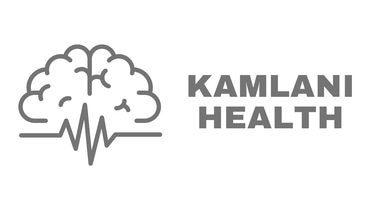Adult ASD Assessment
Autism influences how people connect, communicate, and make sense of their surroundings. For many adults, receiving a diagnosis is a deeply validating experience, a way to understand lifelong feelings of being “different.” It can bring clarity, self-acceptance, and access to meaningful support, helping individuals navigate life with greater confidence and peace
No Referral Needed
Access our services directly, without delays or complicated processes.


Quick Appointments
Get appointments within days, without any long waiting lists.
Receive trusted care delivered by highly qualified practitioners.
Quality and Excellence




What is Autism
Autism in adults often hides under the surface because many people mask their differences. DSM and ICD define it as differences in social interaction, communication, and patterns of behavior. Adults may prefer routines, find small talk exhausting, or have strong sensitivities to light, sound, or textures. They may also dive deeply into special interests. It’s not a deficit, it’s a different way of experiencing the world.


Autism in Adults
Challenges
Difficulty understanding social cues like tone, gestures, or facial expressions
Strong preference for routines and anxiety when they change
Deep focus or passion for specific interests or hobbies
Sensory sensitivities to noise, lights, textures, or smells
Honest, direct communication style that may seem blunt
Needing alone time to recharge after socializing
Finding small talk exhausting or confusing
Repetitive movements such as rocking or tapping
Difficulty “reading between the lines” in conversations
Strong preference for logical, structured, or predictable environments
FAQs
1. I am not sure if I need an assessment, what should I do?
If you are unsure, we recommend booking a consultation session first. This gives you the opportunity to explore your concerns with a qualified practitioner. If you choose to go ahead with a full assessment, the consultation fee will be deducted from the total cost.
2. Do I need a GP referral?
No, you do not need a GP referral to access our private autism assessments. You can self-refer directly.
3. Do you offer assessment through Right to Choose?
At this time, we do not offer assessments through Right to Choose. Our assessments are provided independently on a private basis.
4. Do you offer online and in-person appointments?
For adult Autism assessment, we only provide online assessment service to make the process as accessible and convenient as possible.
5. How do you diagnose autism?
Our diagnostic process follows NICE and NHS guidelines. It involves:
Pre-assessment forms to be filled by you and informant
A detailed developmental history (including early childhood where possible).
Standardised tools such as ADI-R and ADOS.
A structured diagnostic interview and assessment of current strengths and challenges.
We look at your communication, social interaction, sensory profile, and daily living experiences before making a clinical decision.
6. How long does an assessment session last?
The process takes place in several stages:
Pre-assessment: Screening questionnaires and background forms.
Assessment session(s): ADI-R with informant takes 2 to 3 hours.
Assessment session(s): ADOS with you takes 1 to 2 hours.
Feedback/report: A follow-up session to discuss results, along with a comprehensive written report.
7. Who will conduct my assessment?
All diagnostic assessments are carried out by qualified, experienced and trained clinicians registered with professional bodies such as HCPC, GMC, or NMC.
8. How much does an assessment cost?
Please see our Fees page for details.
9. Will I get a diagnosis?
A diagnosis is only made if you meet the clinical criteria for autism. While many people who go through assessment receive a diagnosis, it is not guaranteed.
10. What if I am not diagnosed with autism?
If you are not diagnosed, we will discuss other possible explanations for your experiences. You may still benefit from therapy, support, or adjustments to better manage your difficulties.
11. Do you provide a report?
Yes. You will receive a detailed report summarising the findings, whether or not a diagnosis is given, along with recommendations and next steps.
12. Do you offer therapy?
Yes. We provide therapy and support in line with NICE and NHS guidelines. This may include psychoeducation, counselling, or tailored interventions to help you navigate challenges related to autism or associated difficulties.
Quick Links
info@kamlanihealth.com
© Kamlani Health Ltd 2025. All rights reserved.
